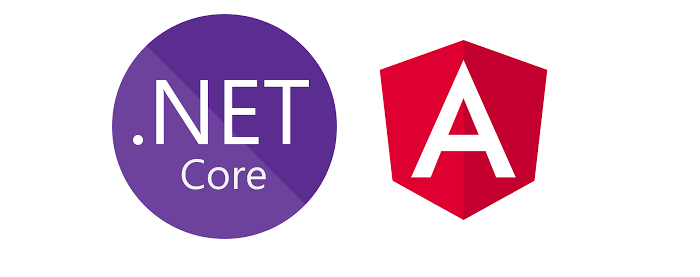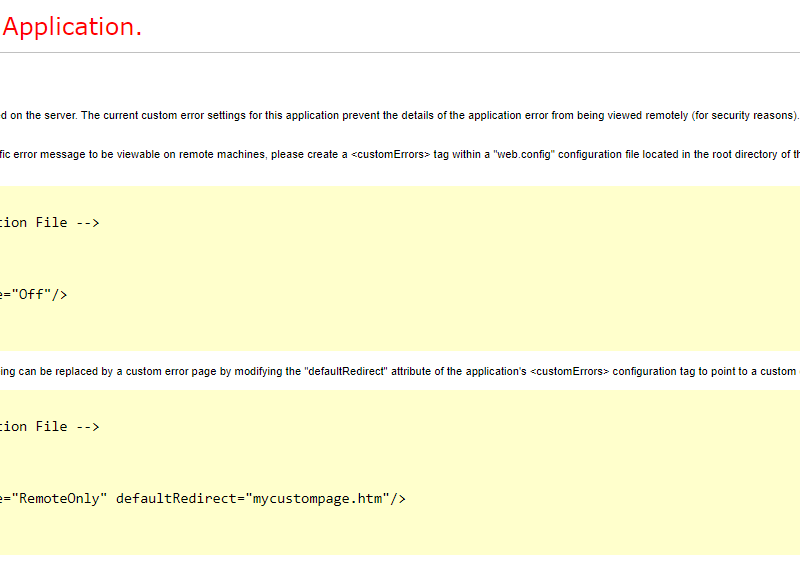Angular, a robust front-end framework developed by Google, has become a cornerstone for creating dynamic, enterprise-grade applications. Its integration capabilities, performance optimization features, and seamless scalability make it a popular choice for businesses aiming to deliver high-quality user experiences. Hosting plays a crucial role in unleashing the full potential of Angular applications, especially in enterprise environments where performance, reliability, and scalability are non-negotiable.
This article explores why Angular hosting is ideal for enterprise-grade applications and offers insights into leveraging its strengths effectively.
What Makes Angular Suitable for Enterprise-Grade Applications?
Before diving into hosting, it’s essential to understand Angular’s key features that align perfectly with enterprise needs:
- Comprehensive Framework
Angular offers a full-stack framework with built-in tools for dependency injection, routing, forms, and state management. This eliminates the need for third-party libraries, ensuring consistency and reliability across projects. - Two-Way Data Binding
Angular’s two-way data binding synchronizes the data between the model and the view, reducing development complexity and making real-time updates seamless. - Scalability
Angular supports modular development, making it easier to scale applications horizontally by dividing them into smaller, maintainable modules. - Robust Tooling
Angular CLI simplifies application development and deployment. It automates repetitive tasks like project scaffolding, building, and testing, ensuring rapid and error-free development cycles. - Enterprise-Grade Security
Angular comes with built-in protection against common security threats like cross-site scripting (XSS) and offers features like Content Security Policy (CSP) compliance.

Angular as an Enterprise Framework
Angular’s rise as a favored framework for enterprise solutions stems from its powerful features, comprehensive tooling, and support for large-scale applications. Here’s why Angular is suitable for enterprise projects:
1. Comprehensive Development Ecosystem
Angular provides a complete development ecosystem out of the box:
- Two-way data binding: Automatically synchronizes data between the UI and the model.
- Dependency injection: Simplifies service management and promotes modular design.
- TypeScript support: Enhances code readability and maintainability.
For enterprises handling complex applications, Angular’s rich ecosystem reduces the need for additional third-party libraries, saving development time.
2. Component-Based Architecture
Angular employs a component-based structure, making it easier to:
- Reuse components: Save time and effort by reusing modular components across the application.
- Maintain codebase: Simplify debugging and updates due to a modular architecture.
This approach is particularly useful for large enterprises managing dynamic and scalable projects.
3. Performance and Scalability
Angular supports powerful features like:
- Ahead-of-Time (AOT) Compilation: Converts Angular HTML and TypeScript code into efficient JavaScript code during the build process, speeding up application load times.
- Lazy Loading: Loads only the necessary modules, improving performance for large applications.
With these capabilities, Angular is well-suited for enterprise applications requiring robust performance under heavy user loads.
4. Enterprise-Level Support
Angular is backed by Google and a large community of developers, ensuring:
- Long-term support (LTS): Regular updates and bug fixes.
- Rich documentation: Comprehensive guides for developers.
- Community-driven innovation: Continuous improvement through developer contributions.
For enterprises, this support reduces risks and ensures reliability over time.
Why Angular Hosting Is Perfect for Enterprise Needs
1. Enhanced Performance with Server-Side Rendering (SSR)
Enterprise applications often target a global audience, making speed crucial. Angular Universal, a server-side rendering tool, optimizes initial load times and enhances SEO performance. Hosting platforms tailored for Angular can efficiently manage SSR processes, delivering high-speed experiences regardless of user location.

2. Scalability for Enterprise Growth
With cloud-based Angular hosting, businesses can scale their resources up or down based on traffic demands.
3. Seamless Deployment
Angular hosting platforms often support CI/CD pipelines, allowing enterprises to automate deployment processes. Tools like Jenkins, GitHub Actions, and Azure DevOps integrate seamlessly with Angular hosting solutions, ensuring rapid and reliable updates.
4. Robust Security Measures
Enterprise applications deal with sensitive user data, making security a top priority. Angular hosting providers typically offer:
- SSL Certificates for secure communication.
- Firewalls to block unauthorized access.
- Automatic updates to protect against vulnerabilities.
5. Support for Modern Architectures
Angular hosting platforms support modern deployment architectures like microservices and containerization, which are critical for building scalable and maintainable enterprise applications. Docker and Kubernetes are often integrated into Angular hosting environments to simplify the management of complex applications.
How to Choose the Best Angular Hosting for Enterprises
1. Performance Optimization
Look for hosting providers with CDN integration, caching mechanisms, and load balancing to deliver lightning-fast user experiences.
2. Scalability Options
Ensure the platform supports horizontal and vertical scaling to accommodate growth and traffic fluctuations.
3. Developer-Friendly Tools
Angular developers benefit from hosting platforms offering integrated tools for debugging, monitoring, and testing applications.
4. Comprehensive Security Features
Opt for hosting providers with enterprise-grade security measures like DDoS protection, two-factor authentication, and regular vulnerability scans.
5. Cost-Effectiveness
While enterprise hosting can be expensive, look for plans that offer flexible pricing.
Steps to Host an Angular Application
- Prepare Your Angular Application
- Use
ng build --prodto create an optimized production build.
- Use
- Choose a Hosting Platform
- Select a hosting service that aligns with your enterprise needs (e.g., AWS, Firebase).
- Configure Deployment Settings
- Set up domain configurations, SSL certificates, and CDN integration if needed.
- Deploy the Application
- Use the platform’s deployment tools or upload the build manually via FTP or CLI.
- Monitor and Maintain
- Regularly monitor performance and ensure security updates are applied.
Conclusion
Angular, with its robust architecture and enterprise-grade features, is a perfect choice for large-scale applications. Pairing Angular with the right hosting solution enhances performance, scalability, and reliability, ensuring long-term success.
We offer reliable hosting solution for Angular applications, offering unmatched performance, scalability, and support tailored to modern frameworks. With features like high-speed servers, global CDN integration, and robust security measures, ASPHostPortal ensures that your Angular app delivers exceptional performance, even under demanding enterprise conditions.
Moreover, ASPHostPortal’s user-friendly control panel, automated deployment options, and 24/7 support make it a developer-friendly choice. Whether you’re managing a small project or a large-scale enterprise application, ASPHostPortal provides the tools and infrastructure needed to ensure your Angular application runs smoothly and efficiently.
Choosing ASPHostPortal for your Angular hosting needs is an investment in reliability, speed, and scalability, allowing your business to focus on growth while providing an excellent user experience.

Javier is Content Specialist and also .NET developer. He writes helpful guides and articles, assist with other marketing and .NET community work



